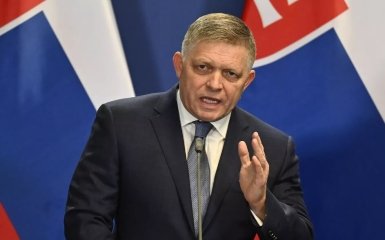Currently, 42,000 people are wanted in the Unified Register of Missing Persons under Special Circumstances.
Points of attention
- Since the registry's beginning, information has been entered on more than 51,000 people who were considered missing, but 42,000 people are currently being sought.
- The vast majority of persons about whom the information has already been established are former prisoners of war and defenders who were eventually identified.
- More than 90% of missing person cases are investigated by National Police investigators, but the problem lies in the lack of DNA samples from the Ministry of Defence's military.
The Ministry of Internal Affairs established the data of 7,000 people who were considered missing.
Dmytro Bogatyuk, the head of the Ministry of Internal Affairs's department for issues of persons missing under special circumstances, has informed about this.
In general, since the beginning of the registry, information about more than 51 thousand people who were considered missing due to special circumstances have been entered into it. At the moment, this figure includes persons who are still wanted. We currently have about 42,000 of them, he said.
According to Bogatyuk, the Ministry of Internal Affairs also has data on about 7,000 people for whom information has already been established.
These are more than 3,000 people whose location has been established and who are alive and well. The majority of these persons are our former prisoners of war. And as of today, we have about 4,000 identified bodies. The vast majority of them are our defense personnel, who were considered missing, but later... were identified, informed the representative of the Ministry of Internal Affairs.
Bogatyuk noted that the National Police's investigators investigate more than 90% of proceedings regarding the disappearance of persons.
He emphasized that it usually happens that a person is considered missing under special circumstances, and later his capture is confirmed.
The problem with finding missing persons is the lack of DNA samples
Separately, a Ministry of Internal Affairs representative pointed out the problem - the Ministry of Defence does not take DNA samples from military personnel sent to the combat zone.
That is, if this issue regarding the National Police, the National Guard, and the State Border Service is more or less resolved, with the help of international partners, with the help of the Red Cross, this problem still exists in the Ministry of Defence, noted Bogatyuk.
The Ministry of Internal Affairs is the holder and ensures the work of the Unified Register of Persons Disappeared Under Special Circumstances.









